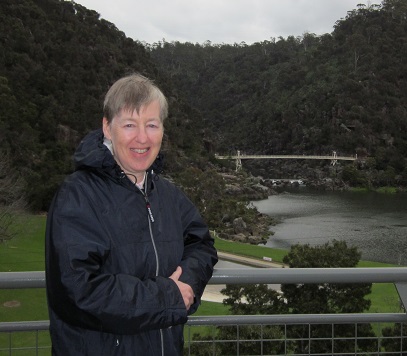
Felicity Bryant
Dip C.O.T., M.S.T.A.T.
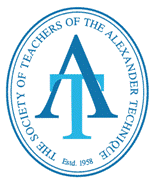
6 Hatfield Buildings Widcombe Hill Bath BA2 6AF United Kingdom Click here for map Telephone: Bath (01225) 331136 Email: felicity@alexandertechniquebath.co.uk

|
|
Felicity BryantDip C.O.T., M.S.T.A.T.
|
6 Hatfield Buildings Widcombe Hill Bath BA2 6AF United Kingdom Click here for map Telephone: Bath (01225) 331136 Email: felicity@alexandertechniquebath.co.uk |
 |
|
Frederick Matthias Alexander was an Australian actor, born in 1869, and died in 1955. He lost the vital tool of his profession - his voice. In overcoming this problem he realised that his health was improving in other ways. This improvement in his performance, breathing, and quality of voice, was so noticeable that people went to him for help with many different complaints. The value of his work is now well-recognized and it is taught all over the world. |
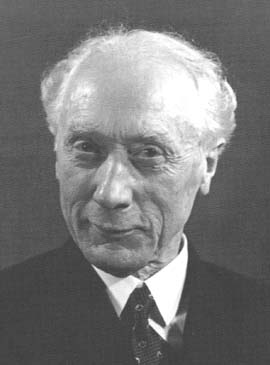
|
|
"The great phase in man's advancement is that in which |
F. M. Alexander |
You are experiencing difficulty or pain, as a result of a health problem, and many of these conditions can be greatly alleviated, for example
Sometimes you wish to improve your quality of life, such as
Anyone can benefit from Alexander Technique lessons. Pupils range from 18 to 90 and vary a lot in their fitness and mobility.
"When everyone else said I could not be 'fixed', AT gave me new hope and renewed health. A must for everyone, no matter what age - start young, it is a skill for life" - Hannah
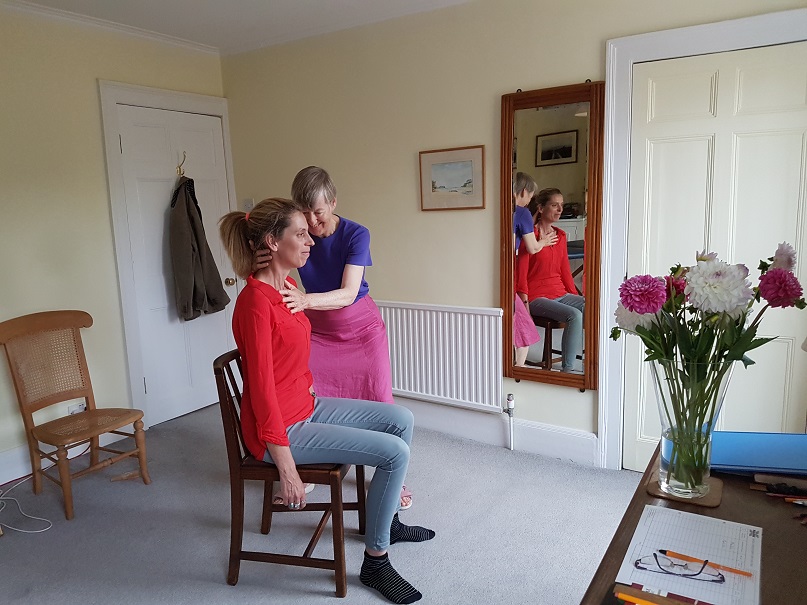
|
In lessons I, as the teacher, will guide you with my hands through everyday movements such as sitting, standing, bending, lying down, walking, and breathing. This, together with a special way of thinking, allows you to learn how to move well. Good movement enables you to function better. You can practise on your own. Many problems resolve themselves quite naturally as you gain better harmony and poise. With this better co-ordination life can be less tiring and more enjoyable. "No one else has shown me how to move well. |
Key points:
|
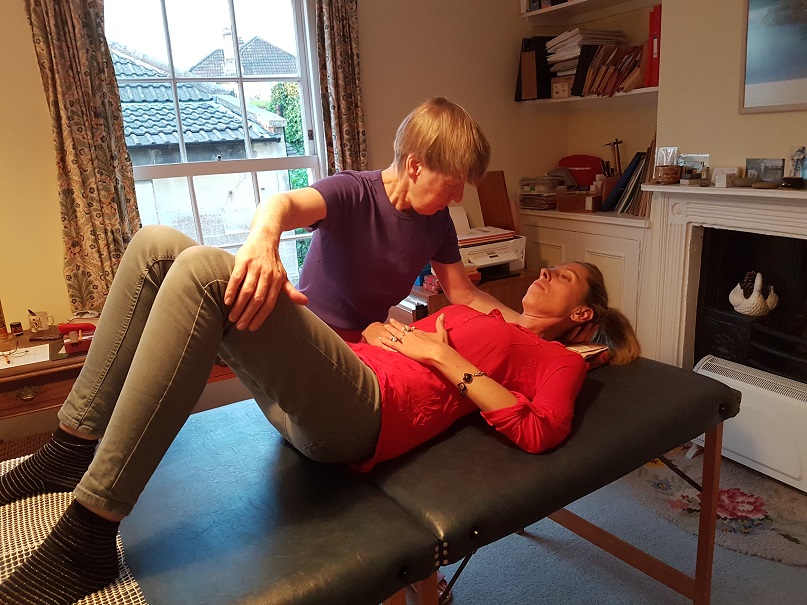
|
Lessons are usually individual and are 30 minutes or 45 minutes long with the introductory lesson being 60 minutes.
Some people come for just a few lessons, and others come for much longer, as there is always more you can learn about yourself from the Alexander Technique.
To book a lesson or make further enquiries, contact Felicity Bryant on 01225 331136, or email felicity@alexandertechniquebath.co.uk.

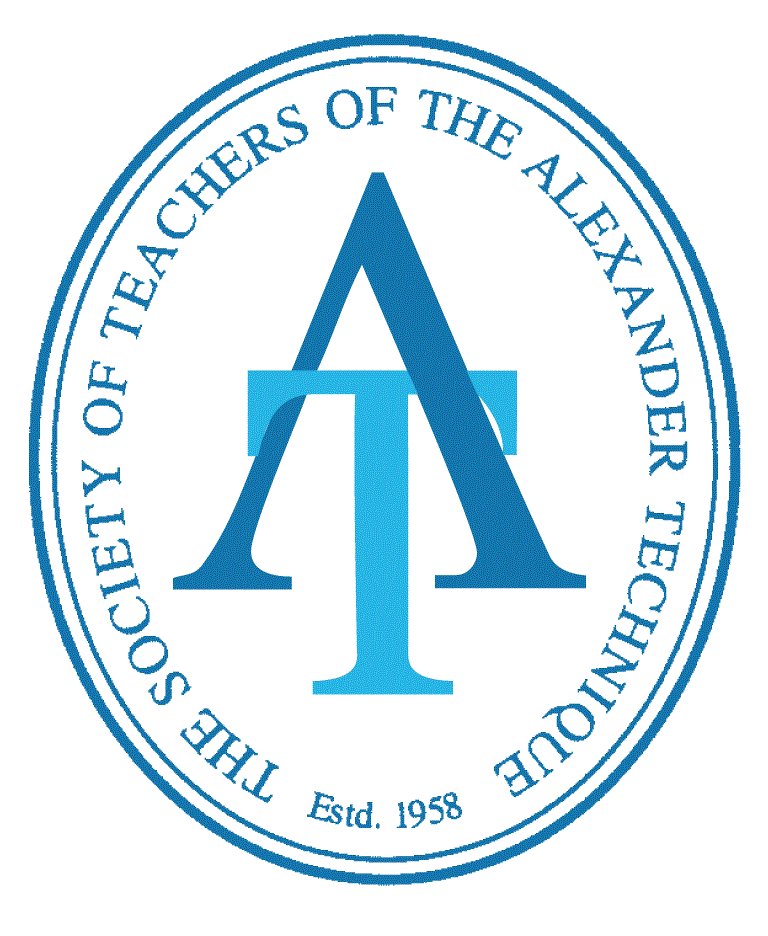
I worked as an Occupational Therapist for 8 years before teaching the Alexander Technique.
I have been teaching the Alexander Technique in Bath since 1984. During this time I have also taught drama and music students, as well as employees at the I.T. company Hewlett Packard for one day a week from 1997 - 2008.
I was one of the fifty-nine teachers involved in the recent research project, funded by the Medical Research Council, into the effectiveness of the Alexander Technique, exercise, and massage, in the alleviation of chronic and recurrent back pain. There is a link to the report on this study in the BMJ in the Links section below
For myself, my Alexander experience is enabling me to improve my tennis.
Amongst my many interests I enjoyed renovating my Georgian home when I moved here several years ago, and I find my garden a constant delight.
I met my husband Philip through an interest in voice production, presentation and the art of reading aloud.
I am a member of The Society of Teachers of the Alexander Technique
"Felicity has such a calming effect" - Helen
"You are an inspirational teacher" - Ian
Free enquiry sessions are available throughout the year.
These sessions are free though booking is necessary.
Just ring or e-mail Felicity to book a session
01225 331136
felicity@alexandertechniquebath.co.ukI first heard of the Alexander Technique from a friend, who described it as a `cure for bad posture`, after hearing me complaining of the lower back pain which plagued me for several years in my late teens and early twenties. In fact it was not just sporadic lower back pain I suffered with, but neck pain, stiff shoulders, a bad knee, a sore hip, the list went on.
I wasn`t in bad shape, although my injuries frequently prevented regular exercise, and because I considered myself fit and healthy these unexplained set-backs were all the more exasperating.
The first thing that struck me about the Alexander Technique, in contrast to other methods for back pain I had tried, was that it is not described as a `treatment`. Whilst my physical condition and history were recorded, the Technique is not targeted at curing specific ailments. Felicity described herself first and foremost as a `teacher`, and our weekly 30-minute sessions were described as `lessons`.
This did not make a great deal of sense to begin with, and the lessons themselves seemed somewhat abstract. We looked at standing up and sitting down, and associated movements. We looked at the `directions` which form the basis of the Technique. Counter intuitively, we spent a good deal of time focusing on `not doing`. When learning something new I expected there to be a skill or an action to grasp and perfect, but Alexander Technique is firstly about `not doing`. In fact, learning not to do, in spite of burning compulsion, to intervene, to act, to move, to do, is something which can be applied successfully in many other situations in daily life.
Initially my natural scepticism told me that these alien concepts may not be worth the time of day, and expense. And yet there was something in those early sessions. It was a step into the unknown, and I felt like progress was being made. That many other people before me had faith in the Technique was a comfort, and that many of these were actors, musicians, performers of the very highest order gave further credibility.
One of the biggest hurdles for me was reconciling my investment of time and money not only with myself but with others interested in what I was doing. It is a difficult concept to explain, but results speak for themselves, and within a few months the random back pain had vanished. I was also noticing benefits I hadn`t expected. My reactions were sharper, I felt more confident, more focused. I was not consciously doing anything different, and yet I felt quite different. Whilst practising standing up and sitting down felt at certain times somewhat ridiculous, when I thought about it, I spend most of my life sat on chairs, standing, walking, lying down. To learn to do these things better was to improve my performance in some of the activities I do the most, and yet think about the least.
As my confidence grew, I was able to apply the principles of the Technique to other activities in my life, including running, swimming and cycling. Mastering better body use facilitates improved performance, and I became more competent in all these pursuits. I ran half marathons with no lasting knee problems. I cycled 1000 miles in 12 days for charity without issues. I have become a far better swimmer than I ever had been before, and my tennis (previously all forehand and very little else) has developed considerably.
I have now been seeing Felicity for 3 years, for much of this time with a weekly lesson, but latterly with a fortnightly 45-minute session. With hindsight and experience, weekly lessons helped enforce the new thought patterns. In our lessons we have looked at many different areas of movement, breathing, posture and balance. I look forward to bringing observations on my own use, and issues with my learning to someone with so much knowledge, not only of the technique but of wider anatomy.
As I move to a new phase in my own life, I remain confident that Alexander Technique will continue to play a part. Only once you have started to learn do you realise how vast the subject of body use is, and how feasibly limitless are the improvements that can be made.
Nick Branch, May 2010
Back to top Website prepared by Alistair Wylie:
alistairjwylie@gmail.com,
September 2016
Copyright © Felicity Bryant September 2016